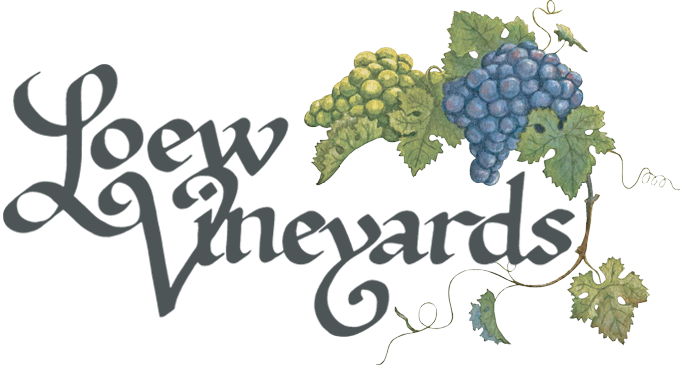Wilek
$29.00
COMING SOON
This mead is a tribute to our co-founder, William Loew whose childhood nickname in Europe was Wilek.
To us, this mead represents Wilek’s charismatic, courageous, and exuberant nature that endeared him to all.
Barrel aged for nine months, this dry mead is a blend of local Riesling and wildflower honey. It pairs well with an assortment of cheeses, as well as poultry or seafood dishes.
As part of the tribute series, each of the Loew descendants has the opportunity to help Rachel produce a mead in honor of one of the Löw family members. This series provides us the chance to share stories of the family members whose lives were affected by the horrors of the Holocaust, bringing their story forward in a unique and meaningful way.
This mead was produced with help of Rachel’s mother and aunts: Jen, Amy and Karen who chose to name this mead Wilek in tribute to their late father. When asked why they chose to name this mead Wilek, they wrote:
“We are deeply honored to have contributed to this mead, named Wilek in tribute to our father. Wilek was the youngest of three brothers in a close-knit family; tragically most of the family was lost in the Holocaust of World War II. Often, the youngest in a family is known for their playful and inquisitive nature, but Wilek was denied this role as the war thrust his family into survival mode. Having a father who endured such a harrowing period and yet managed to build a beautiful life afterward, imparts to his children a profound perspective on life. We learn to approach it with courage, dignity, perseverance, and a deep appreciation for those we hold dear. This mead, with its exquisite finish, would have brought a radiant smile to our father’s face, a playful smile we cherish with every sip.”
More about Wilek Löw
Our cofounder, William Loew was born Wolf Löw in Lwow, Poland in 1925. His incredible story of survival of the Holocaust includes escaping Poland into Hungary, joining the resistance, imprisonment in the Budapest political prison, surviving two concentration camps (Auschwitz Concentration Camp and Flossenbürg Concentration Camp), and a death march.
Part of William’s testimony of survival that was recorded by USHMM:
“Sometime later after 1944 I remember we were about to be ready to be moved out of this prison and we were told that they are going to send us to some kind of camp. It must have been some time in October because I recall I got in, they brought us to Auschwitz and it was on my birthday, October 29, 1944 that we walked on that platform. It was a train, from a regular train and they brought us immediately to this office. They tattooed us. Now, my name was 193 229, no longer the name ____________. There was no other names but my number. The time in Auschwitz I have very little memory of it. I did work there. I did get this uniform. I had the cap, with the stripe. Whether they gave me some wooden shoes I don't recall. Probably they did, maybe I did have it. I did have it I think, I did have it, the wooden shoes. I was one of the inmates now. I was in one of the barracks, surprised that I don't even remember the number of the barrack because you must remember that. I don't remember that. Maybe I don't want to remember, but we were close to that barrack where there was a special barrack where things were -- a punitive barrack and I was told to stay away from it, that barrack. Not much, I don't think that I was ever concerned about being gassed. My only question was how do I get out.”


